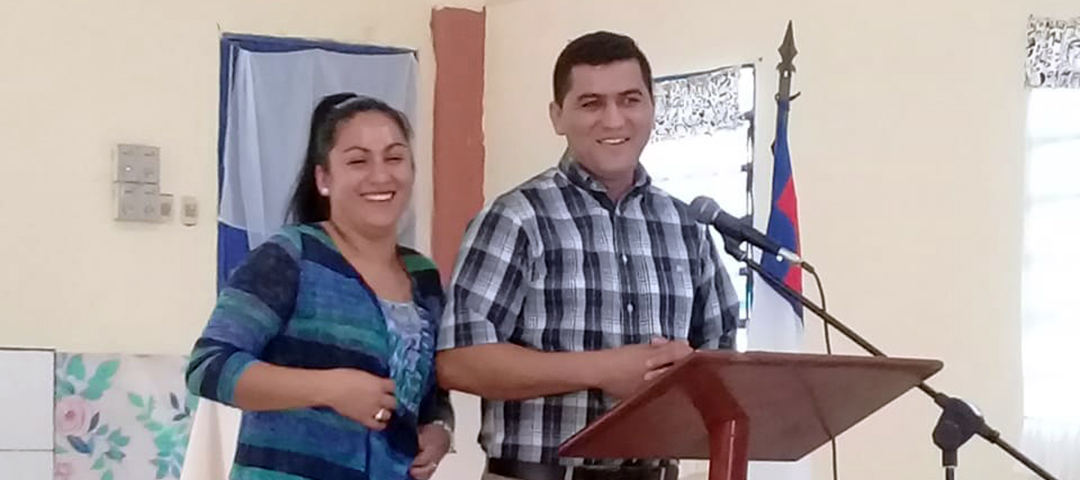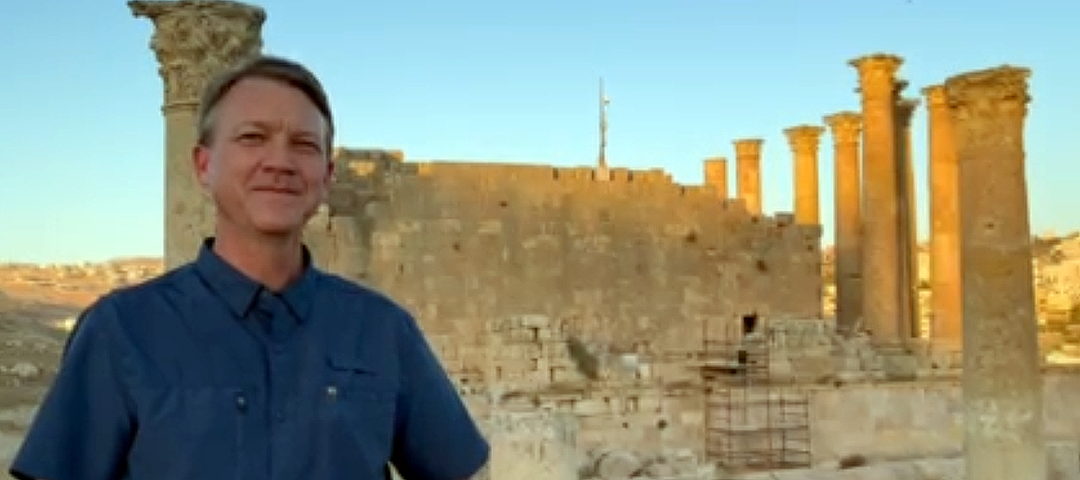
6 Things Not to Do in Your Church
March 4, 2022
The Forgotten and Abandoned
March 15, 2022By: Dr. John David Smith
One of the potential pitfalls we all deal with is the tendency to judge all things according to MY current reality. This causes us to ignore the lessons of history and the importance of differing cultural contexts to the point where we assume the way we do things is the ONLY way. In missions practice, this can lead to some precarious conclusions such as distorted theological positions and practices.
In missionary ministry, a certain tension has always existed in the instruction and application of biblical truth in local cultural contexts. This process is referred to as indigenization: the attempt to make the gospel belong in a local setting and not be viewed as a foreign idea or expression. Unfortunately, in many places of the world where Western missionaries have pioneered gospel ministry, that ministry has been presented with a significant Western cultural baggage.
Jesus, the Son of God in the flesh, practiced indigenous missions principles during his own personal ministry. He did not walk into a historical/cultural vacuum; he walked into a very specific history and culture in Israel. In Jesus’ efforts to convey a message and develop reproducing leaders, he worked in and with cultural norms. He did not view all culture as antagonistic to God’s mission.
Jesus used four common metaphors to communicate and illustrate His message: farming, vines, sheep, and fishing. Obviously, these are taken directly from daily life in Israel. Jesus also utilized the synagogue system as long as they would allow Him, and he employed the rabbinical structure of instruction where a rabbi would have a select group of students/followers. Jesus spoke in parables, which was a common teaching method of the local culture. There were many things Jesus did not accept or utilize from the culture, especially the religious system of His day.
Indigenous missions principles are quite evident in the New Testament. Historically, men like Henry Venn and Roland Allen, who both lived and served as missionaries in the early twentieth century, articulated indigenous principles that continue to be a very good resource in the on-going discussion.
For many years, a guiding concept in the indigenization conversation has been the “Three-self” model for churches. In this idea, the goal is for a church to be self-governing, self-sustaining, and self-propagating. This simply means the church makes its own decisions, pays its own way, and is able to multiply . . . ALL without outside interference or help.
This model has been scrutinized for various reasons. One criticism is that it overly emphasizes the “self” part and creates isolation. Another criticism says that it was incomplete, so two more “selfs” were added: self-expressing and self-theologizing, which means the local church itself must “look like” an indigenous one in that culture in architecture, worship, communication, and leadership selection styles. Self-theologizing does not mean the creation of some special system of theology. It means missionaries must build and apply biblical theology to local themes we simply do not see very often in the West such as polygamy and animism.
BMA Global Missions attempts to carry out healthy indigenous principles. Noted missionary Hudson Taylor once said that, “missionaries are the scaffolding, not the edifice.” Like Christ, our missionary methods must include local forms allowing the development of local leaders in local systems that carry on after the scaffolding has been removed.
Two primary ways BMA Global Missions attempts to accomplish this goal include our church planting grant program through ChangeMaker missionaries and our practice of the “principle of the thirds.” Both efforts have the goal of partnering without creating dependence. Prayerfully, this also does not take us to the extremes where we have no ongoing relationship and do not cultivate the “self” part in isolation but in association.
The grant program through ChangeMaker missionaries is carried out in the lives of non-American church planters who receive a church-planting grant for a limited number of years. In essence the partnership is with both the project and the person. It is not open-ended but intended to help the church plant go to the five-self stage and repeat the process as the church becomes part of our worldwide family.
The principle of the thirds is meant to support those churches in their advancement by not giving them gifts where they are not vetted in the process. If they want to make a major purchase or build a building, etc. they are expected to fund the first third of the total cost, then we help them with a third, and the last third can be an interest-free loan from our international loan fund. In the end, we partner and facilitate, we do not enable and create dependence. Also, the local congregation will have paid two-thirds of the total cost when the project is complete.
Much like our own children, we look forward to the day when they are independent from us in finances, decision-making, and other areas of life. That does not end our relationship but merely changes the dynamics. Overall, we as parents rejoice in seeing our children flourish on their own. BMA Global Missions is thankful for many family members in our association around the world that function on their own and yet are a vital part of the ongoing ministry. If the edifice is going to shine and the children are going to live in a healthy manner on their own . . . the scaffolding and the unhealthy systems of enabling and dependency must come down.

